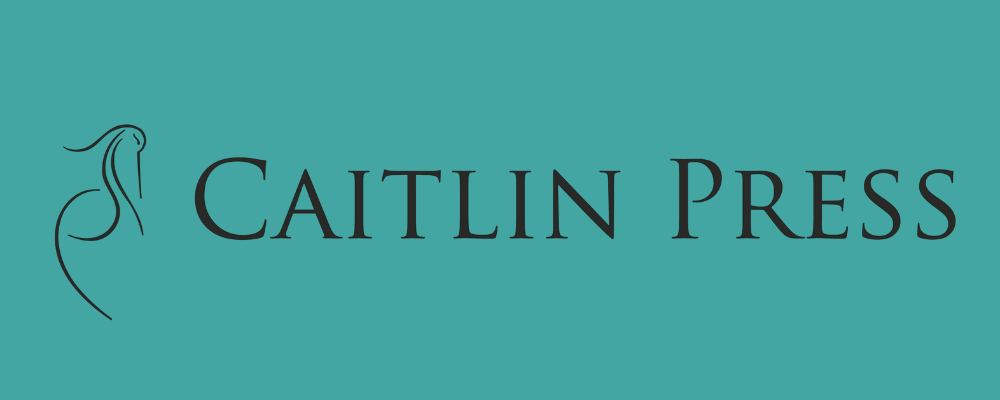Dear readers, say hi to our study: The State of Publishing in Canada 2019, formerly known as The State of Digital Publishing in Canada. As you can probably tell from the small name change for the study, we’ve expanded our horizons to include data not only about digital publishing (ebooks and audiobooks) but also about the print market.
This study conducted by the BookNet Canada research team received responses from 51 publishing companies of all sizes across Canada (which represent approximately 65% of the English-language print market). We asked them questions about the health of their companies, their accessibility initiatives, industry challenges, and more. In this year’s edition of the report, we also included data about the biggest challenge the publishing industry has faced in the last few years, COVID-19. We also pulled in data from BNC’s Canadian Book Consumer survey to get a full picture of the landscape.
Join us as we go over some of the highlights of this free report or jump right in and read it in full here!
Print vs. everybody
According to our Canadian Book Consumer survey, print books remain the most popular format among readers. In 2019, 81% of buyers chose to buy a print book, 20% an ebook, and 8% an audiobook. We can’t wait to see how or if this changes in the future as audiobooks were up 41% from 2018.
But, what percentage of sales was derived from print books?
85% for small publishers (those that grossed under $1 million);
88% for mid-size publishers (those that grossed between $1 million and $10 million); and
81% for large publishers (those that grossed more than $10 million).
The digital side of the spectrum
While it’s true that most publishers focus mainly on print books, 20% of publishers report having seen an increase of 11-20% in their digital sales. Interestingly enough, 47% of respondents said they don’t have staff exclusively dedicated to digital books.
In the survey, we also asked questions about accessibility and ebook production. We found that:
the top five best practices features included in ebooks are:
navigational aids
semantic tags
fixed layout picture books
accessibility metadata
text-to-speech with special audio markup and aural styles
the most popular tester is EPUBCheck, followed by Ace by DAISY
91% of publishers are producing or have plans to start producing ebooks
33% of publishers said the main reason why they’re publishing ebooks is to save on supply chain resources
When comes to audiobooks, 63% of publishers are producing audiobooks either directly or through a partner. Of those, 85% chose to publish audiobooks to increase sales and 76% to expand their market.
Beyond the market
Other questions we asked respondents touched on the challenges the industry has been facing, the initiatives they want to implement, and the barriers that prevent them from fully implementing the aforementioned initiatives. In terms of initiatives to implement:
63% of publishers said they want to hire and promote more diverse staff;
58% want to use metadata consistently; and
42% want to standardize their processes and workflows.
Publishers said the main obstacles to implementing these initiatives were financial resources (59%), followed by time (20%), resistance to change among colleagues (11%), and lack of relevant skills (9%).
As mentioned, this is just the tip of the iceberg. In the report you’ll find more about:
market distribution and which books bring the highest ROI;
industry perceptions and expectations; and
more data from other BNC studies and surveys.
Read or download your own copy of The State of Publishing in Canada 2019 today! And don’t forget to sign up for our research course emails. The second four-week course starting on September 14, 2020 is about publishing in Canada featuring results of this study along with data from other BNC research.
















Insights into the latest updates and additions made to ONIX codelists.